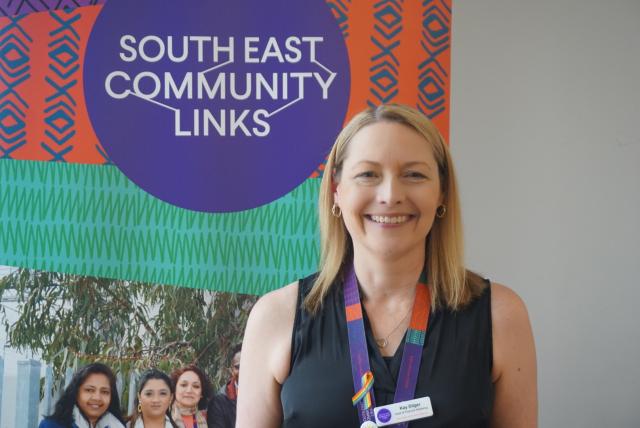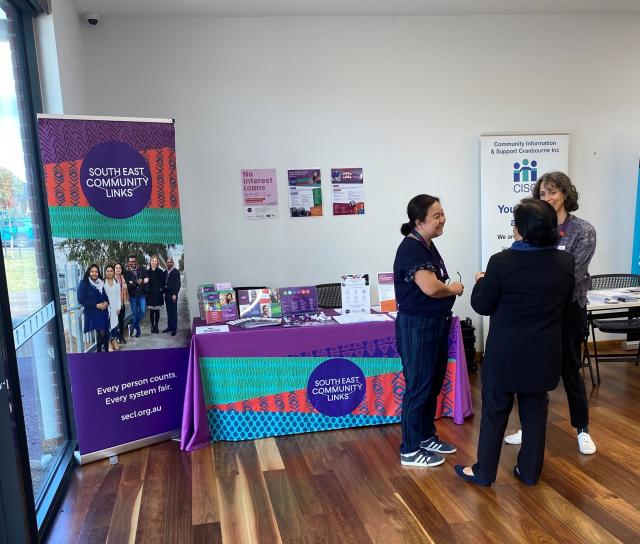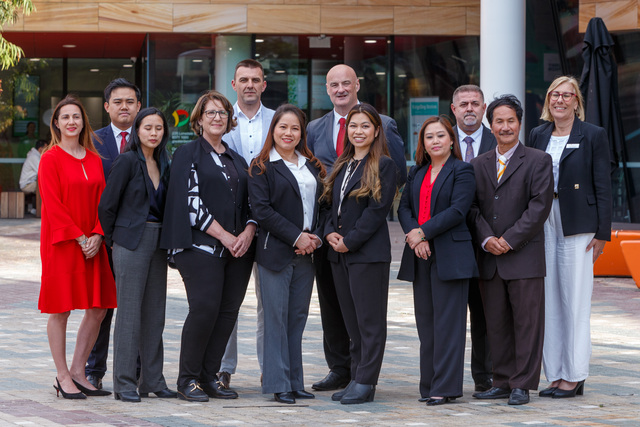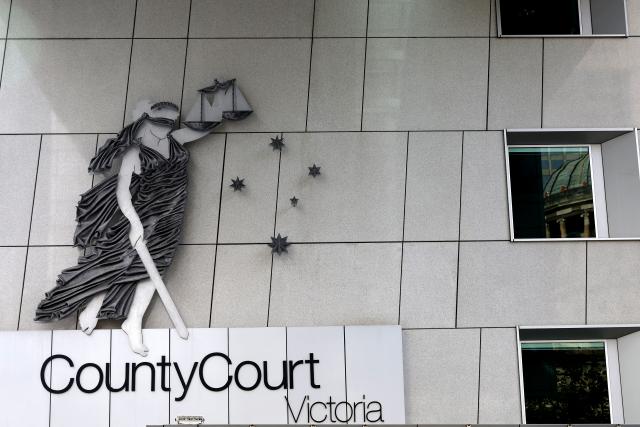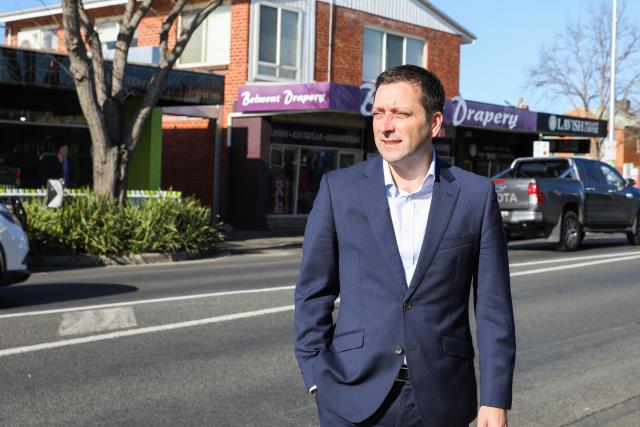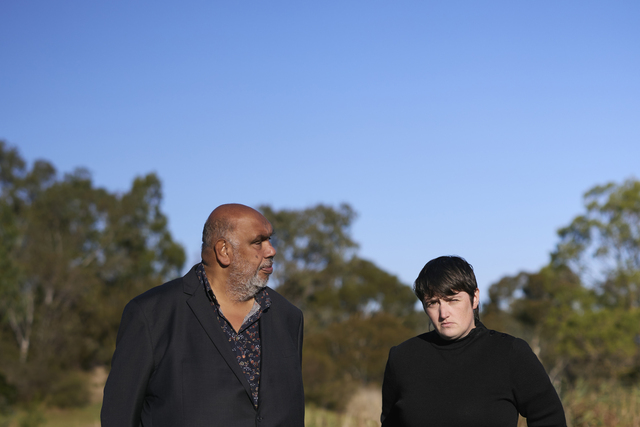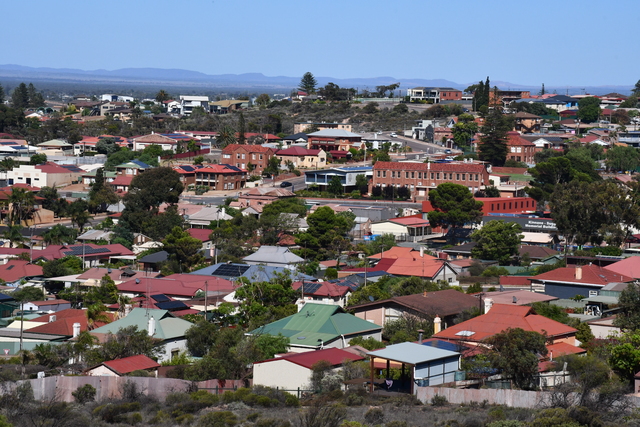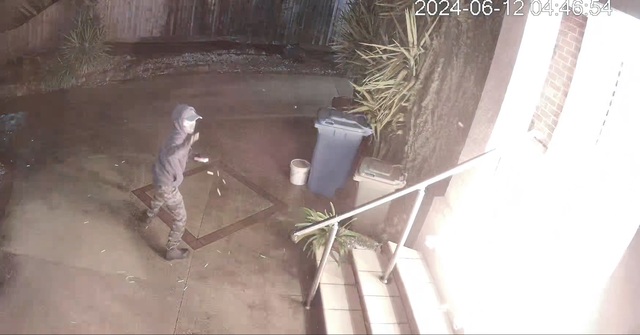South East Community Links held a ‘bring your bills’ event in Cranbourne West as rental affordability plummets and mortgage stress heightens.
Conducted in the suburb’s community centre, the event focused on providing advice and help for those who have been struggling financially, from utility bills to personal debts.
Kay Dilger, head of SECL’s financial wellbeing, said the organisation’s decision to hold the event was for easier access to information to the local community.
“It’s really about getting the messages out to the community and it’s intentional that we’re doing it in the economic climate that we’re in.
“We thought we’d bring together all the stakeholders and allow direct access for the community to reach more people and make talking about money normal,” she said.
Multiple services were present during the event, with representatives from Fines Victoria, NAB, South East Water, Energy and Water Ombudsman and more.
“Especially in an environment amid high cost of living, rental stress and high mortgage interest rates,” Ms Dilger said.
According to National Shelter and SGS Economics and Planning, Melbourne is facing some extremities with rental affordability.
However, the more prominent problem with Casey is the spike in mortgage repayments after the Reserve Bank of Australia raised the cash rate to 4.35 per cent.
“I think in the coming months a unique problem for Casey would be people with mortgages, because it is a big mortgage area with lots of developments around and the interest rate rises,” Ms Dilger said.
According to CoreLogic, the 2021 ABS census outlined that 56.2 per cent of households in Casey pay mortgage, and is one of the most impacted regions in the country relative to the cash rate hike.
Variable-rate mortgage holders – people who do not have a fixed interest rate but rely on the fluctuations of the economy and subsequent interest rate changes – are subject to higher repayments.
However, those who took advantage of the low fixed-term interest rate loans during the pandemic will soon be in the same boat, as some of their terms are coming or have come to an end.
“Rental stress is a concern and how people will sustain mortgages, and anyone in this situation should seek advice early and seek help either from a financial counsellor or even talk to their own bank.
“The bank is geared up and trained to work with people who experience mortgage stress through their hardship programs,” she added.
Data from idCommunity also showed that in 2021, 18.6 per cent of households with a mortgage in Casey were making loan repayments of $2600 or more per month.
According to Ms Dilger, the five main issues that residents had in their previous event in Dandenong were energy usage, affordability and concessions, Centrelink benefits, tenancy rights and general debt questions.
When asked about the cash rate, Ms Dilger said that it is one of the key levers for managing inflation and can have some consequences.
“The people on the lowest income feel the pinch the most because they have less ‘room’ to begin with.
“I think potentially we’ll be seeing that divide between people who are struggling and people who are okay increasing, and unfortunately rising interest rates do mean that people in mortgage areas carry a big load of that cost,” she said.
Reviewing and prioritising expenses, understanding rights around payment plans and consulting with experts were Ms Dilger’s main advice for those attending the event.
“It’s not about how much money there is, it’s about the cost of living and trying to make the money stretch as far it will go.
“So it’s not about budgeting, it’s about income versus expenses, and people’s wage growth and income hasn’t kept pace with the cost of living,” she said.
Another event is scheduled for the Cardinia Shire on Monday 27 November from 11am to 3pm and will be held at 24 Toomuc Valley Road in Pakenham.
For more information regarding financial counselling, you can reach SECL at 03 9549 5288, email them at fcs@secl.org.au, or contact the National Debt Helpline at 1800 007 007.
For general inquiries, you can contact SECL through info@secl.org.au

